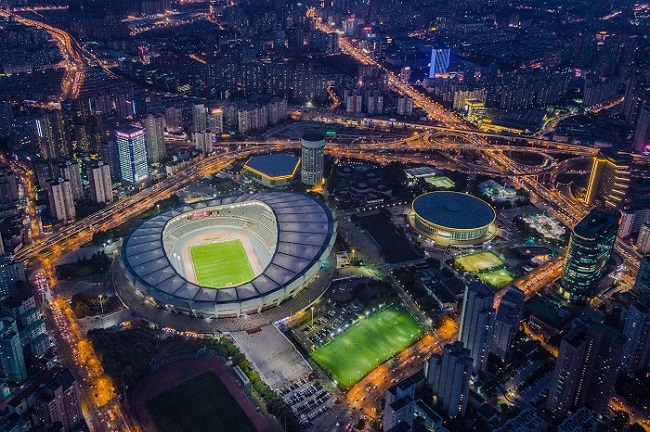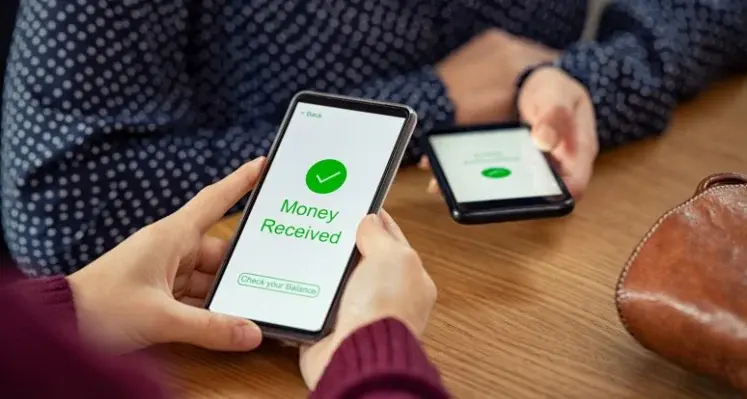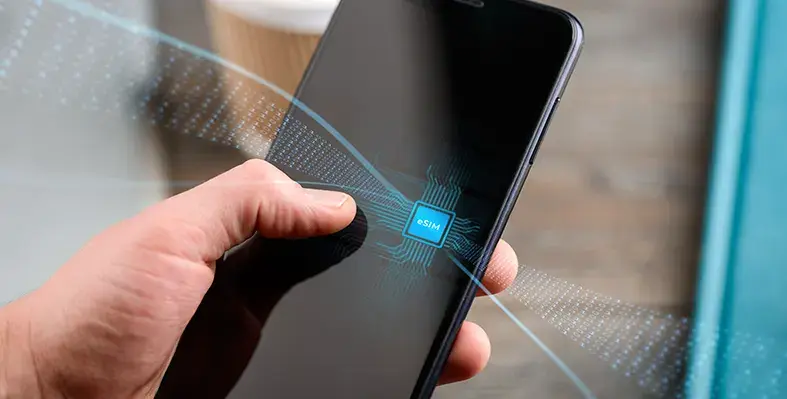Aji Ed, chief technology officer, Nokia, MEA, talks about the potential of 5G capabilities in sectors such as energy and healthcare
How many commercial 5G agreements do you have in place in the Middle East and Africa?
Aji Ed: Globally, as of mid September, Nokia signed 48 5G commercial agreements and 11 networks are now live with 5G services. Nokia is the only 5G vendor with an end-to-end portfolio and a truly global presence.
In the Middle East and Africa region, Nokia’s public commercial references include Saudi Telecom Company (STC), Zain KSA (Saudi), du (UAE), Ooredoo Qatar and South African operator rain. There are more 5G commercial contracts we have signed with major operators in the region which we will announce soon.
While we see a strong acceleration of 5G launches in the Middle East region in this year, Africa is also preparing for 5G. There are numerous use cases that will gradually drive strong 5G adoption in Africa as well. However, thespectrum availability for 5G is a constraint in many African countries. Regulators need to enable sufficient 5G spectrum for operators to proceed faster with 5G adoption.
What’s the main constraint in Africa? Lack of infrastructure?
AE: Africa is as capable of embracing the huge potential of this technology as the rest of the world, even within the limitations of existing infrastructure and complex connectivity challenges. Industries have adopted 2G, 3G and 4G in incremental steps as these technologies have evolved within the constraints of legacy technologies and capabilities. Now, 5G is introducing an opportunity for the industry to embrace growth and innovation. But only if it is done with a clear focus on what 5G can realistically deliver and a clear eye on the future. To fully capitalise on 5G, the industry has to rearchitect the networks because new services will not only be about high bandwidth but also about low latency.
The future is about ensuring that systems and solutions are ‘always on’ and intelligent, providing industry verticals with the ability to fully recognise the capabilities of automation. Of course, there have been some concerns around how quickly 5G could become a reality within the African context. There are legacy network infrastructure issues and connectivity in many areas remains limited. However, a significant percentage of local networks have already started to explore how they can capitalise on 5G and commercialise their 5G in nonstandalone architecture.
It has become clear that great 5G runs on top of great 4G. In nonstandalone architecture, the 5G control information goes through the LTE eNodeBs and the throughput can tap the resources of 5G and 4G through dual connectivity. This means that if you have the best performing 4G network, you are already ahead of the game in 5G. A recent study conducted by RootMetrics confirmed that 62 per cent of the Nokiapowered LTE networks operated by one of the big four – Sprint, AT&T, T-Mobile, and Verizon – in the United States, delivered the fastest or second-fastest network speed.
This RootMetric score is highly relevant in the context of 5G as the best LTE network performance is the foundation for the best 5G.

What impact do you think 5G will have on society in comparison to 4G?
AE: 5G technology has enormous potential to transform the way people live and work as well as transform multiple sectors in the Middle East. 5G will provide ultrahigh bandwidth and low latency which is not possible with 4G. 5G capabilities will be able to provide new applications in areas such as virtual reality, augmented reality and artificial intelligence. Energy, healthcare, education, transport and entertainment sectors will benefit from various IoT use cases enabled by 5G. These use cases will not only enhance operational efficiencies and user experiences but also provide new revenue opportunities.
The technology has the potential to benefit the industrial sector in a huge way. The Fourth Industrial Revolution will be characterised by the digitalisation and interconnection of all physical elements and infrastructure controlled by both humans and advanced intelligent systems. This will ultimately impact all major sectors – communication, transport, health, energy, manufacturing, education and more – and will affect global value chains.
We at Nokia help operators developing 5G use cases to transform the society and industries in the Middle East and Africa. Specific examples we already see being developed for Middle East and Africa include:
• Reusing and optimising the limited spectrum in the region to dramatically improve network capacity in hotspot urban areas and events such as Hajj and major sports events.
• To broadcast full interactive HD VR and holograms for key events such as Hajj, speeches by top government executives, concerts,etc. For example, at the Vodacom Durban July horse racing event, Vodacom showed off Africa’s first live 5G data session on a commercially-ready 5G mobile phone using Nokia’s AirScale 5G radio network solution. Complementing the Stars of Africa theme of the event, Vodacom demonstrated the first hologram carried over a commercially ready 5G network in Africa, streaming live karaoke performances of guests at the Vodacom Paddock.
• Low-latency, ultra-reliable connected cars as expected to be developed in Dubai.
• High level of government and public security, building on previous 4G public safety networks and taking it to the next level.
• Fully replacing the need of fiberto-the-home (FTTH) with equal or better fixed wireless connectivity.
• Fully automating, monitoring and controlling shipping and container ports across the Middle East with high bandwidth, highly secure low-latency 5G networks.
Could you tell us more about Nokia's participation at Expo 2020 Dubai?
AE: Nokia will be part of the Finnish pavilion at Expo 2020 Dubai to demonstrate Nokia technologies and professional services to Communications Service Providers (CSPs) as well as public and private sector enterprises in the region and help them realise their visions toward a fully digitalised world. It will include Nokia 5G technologies and innovative use cases, among others.
Nokia will make major, exciting announcements regarding our advanced technology demonstrations during the event in key areas including 5G, enterprise digital transformation and public safety.
Nokia will strongly be present at the expo for various high-profile customer meetings and activities including technology demonstrations that benefit telecom operators as well as enterprise verticals including transport, energy and public sector.






















